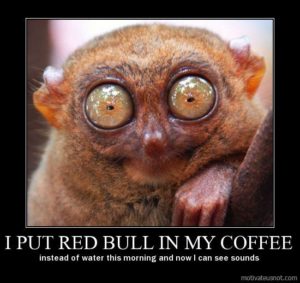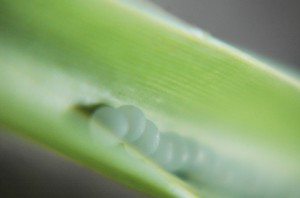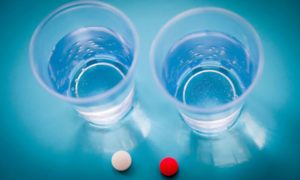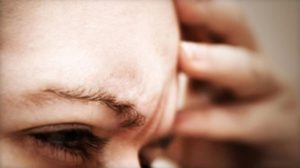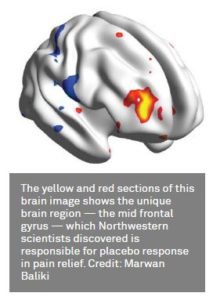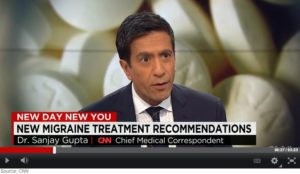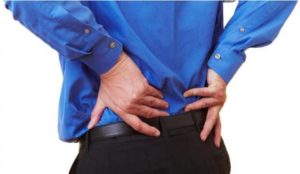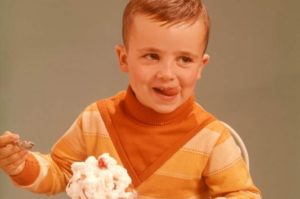‘Cognitive enhancers’? Oh, do us a favour. Highly hyped and highly price energy drinks like Red Bull are all about the sugar and the caffeine, that’s all. Lots of sugar and caffeine. So why pay the premium, the enormous mark-up? It’s marketing, probably one of the shiniest examples of the placebo effect in marketing. Some science on this over here.
Tag Archives: Latest
On Placebos and Depression Drugs
We note an interesting ‘counter narrative’ emerging – that is, scepticism about the commonly held view that drug treatments designed for mood disorders such as depression often engage the Placebo Effect. In this counter-narrative,
“Drug trials don’t show much in the way of classic placebo effects. The rise in placebo responses over the years is more likely due to the supportive factors in drug trials…and increasing problems with enrollment.”
The new finding—no upward trend in placebo responses—is unexpected and certain to be contested. Meanwhile, it stands as a rebuke to a popular narrative. By that account, drug effects had been hyped, expectations soared, and the inflated hopes were reflected in rising placebo response rates.”
This is fine, except the counter-narrative also resonates with challenges about the efficacy of conventional ‘gold-standard’ ‘blind’ ‘placebo controlled’ drug trials, where it has been shown that trials funded by drug companies (who by definition have a vested interest in their outcome) are 30% more likely to return ‘favourable’ results than trials which are not funded in this way. The ‘placebo effect’ might be the design and execution of the trial itself, not the actual function and efficacy of the placebo …!
Read the whole article here.
Virtual Reality and the Placebo Effect
‘VR Placebo interventions’ …! We do indeed live in a time of wonders. Research is being undertaken into the value of the emerging Virtual Reality technologies in treatment of mental illness. It’s early days, but the results so far are promising. Read more here.
The Guardian Weighs in on the Placebo effect
An excellent article in The Guardian on the placebo effect.
‘There is now evidence showing some people, known as “placebo responders”, do feel or get better after unwittingly, or even wittingly, taking a placebo – and it’s not just psychosomatic. Several studies are pointing to a biological basis for the placebo effect, with the latest research focused on a region of the brain known as the mid-frontal gyrus, which runs along the frontal lobes just above the eyes.’
THE PLACEBO EFFECT AND … PETS!
Placebo treatments seem to have an effect on pets … but is the effect on the pets themselves, or ‘second hand’ through a placebo effect on pet owners? Find out here.
Placebos Help Kids With Migraines as Well as Drugs Do
“The study included about 300 kids aged 8 to 17, enrolled at 31 centers. They had 11 migraines on average in the month before the study began and were randomly assigned to take either of the drugs or placebo pills daily for six months. Migraine frequency in the study’s last month was compared with what kids experienced before the study. At least half of kids in each group achieved the study goal, reducing migraine frequency by half.”
The same report, with a couple of videos, is over at CBS.
Placebo ‘sweet spot’ for pain relief
Scientists have identified for the first time the region in the brain responsible for the “placebo effect” in pain relief, when a fake treatment actually results in substantial reduction of pain, according to new research from Northwestern Medicine and the Rehabilitation Institute of Chicago (RIC). Check out these articles – Neuroscience News and Northwestern University News
More mainstream media on the placebo effect
Interesting CNN article and video on the real -and growing – effects of fake pills. It concludes:
‘As most of us would guess, the placebo perceived by patients to be more expensive worked better than its seemingly lower-cost equivalent … Perceptions of cost are capable of altering the placebo response,.
Taking placebo pills may ease chronic back pain
Quite a buzz lately about the placebo effect and back pain, extending from a randomized control trial in Portugal.
“Our findings demonstrate the placebo effect can be elicited without deception. Patients were interested in what would happen and enjoyed this novel approach to their pain. They felt empowered.” – Lead author Claudia Carvalho, Ph.D., ISPA
“It’s the benefit of being immersed in treatment: interacting with a physician or nurse, taking pills, all the rituals and symbols of our healthcare system,” (says placebo researcher Ted Kaptchuk, Professor of Medicine at Harvard Medical School). “The body responds to that.”
While this study focused on chronic pain, Kaptchuk says it is possible that patients with other conditions that involve self-observation – such as fatigue, depression, or digestive problems – may benefit from open-label placebo treatment.
“You’re never going to shrink a tumor or unclog an artery with placebo intervention,” notes Kaptchuk. “It’s not a cure-all, but it makes people feel better, for sure. Our lab is saying you can’t throw the placebo into the trash can. It has clinical meaning, it’s statically significant, and it relieves patients. It’s essential to what medicine means.”
Is ‘the Sugar High’ Just a Parenting Myth?
According to The Science of Us (and leaving aside the well known issues related to our excessive consumption of the stuff) the concept of ‘the sugar high’ is something of a parenting urban legend; plenty of research has shown that feeding kids sugar doesn’t make them hyper. What it does do, though, is prime their parents to look for signs of misbehavior.
In part, pediatric researcher Mark Wolraich told Geggel, the misconception stems from the fact that sugar often marks a special occasion: When kids are stuffing themselves with birthday cake or Halloween candy, they’re already in a situation where they’re going to be naturally amped up. But “[parents’] ideas are reinforced by seeing it in those circumstances,” Wolraich said. “The placebo effect can be very powerful.”


